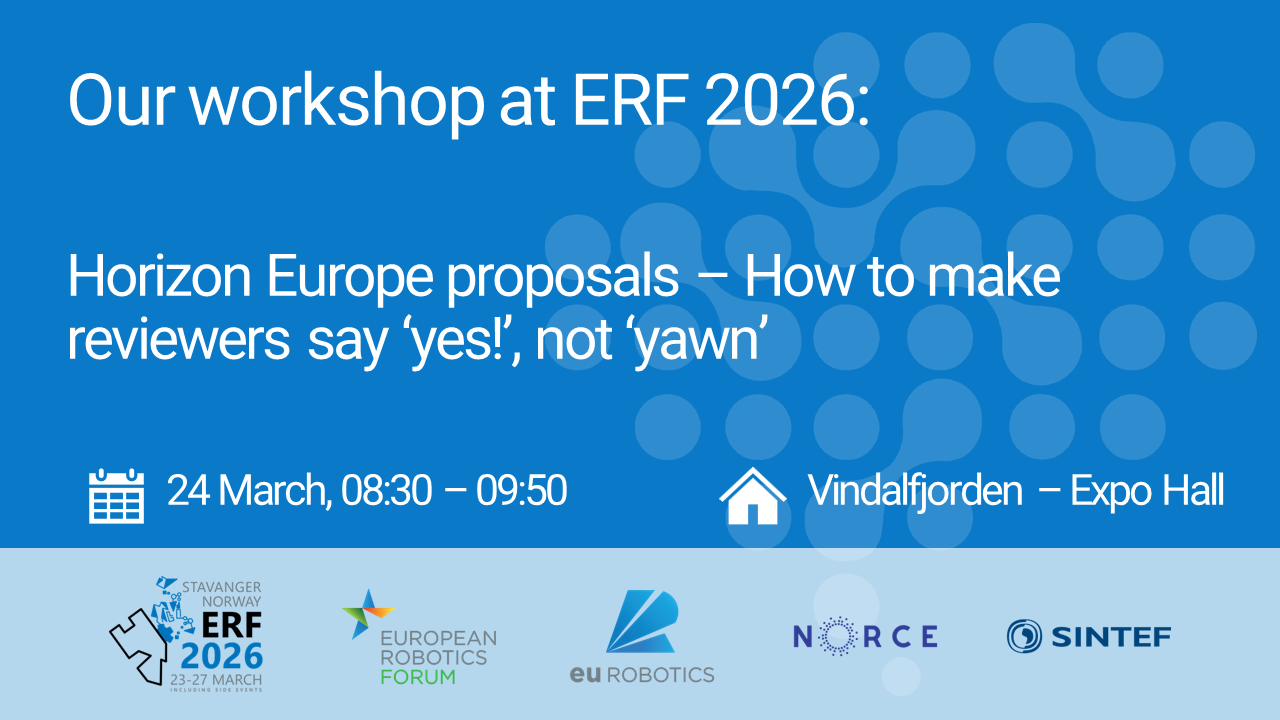

The European Commission’s ambition is to build the common European Green Deal dataspace. In order for EU smart cities and communities to benefit from, cross-domain, cross-city, easily portable data services and AI-powered simulation through digital twins, the Digital Europe Programme will support the creation of a local data ecosystem for climate-neutral and smart communities (as part of the common European Green Deal dataspace), federated at EU level.
The workshop aims to bring together a large variety of stakeholders (e.g. the Living-in.eu movement, cities and communities, innovative SMEs, utility companies/public sector organisations working for the city, academia and civil society as well as stakeholders relevant for the Green Deal ambitions). They will discuss strategic, technical and operational aspects of creating an interconnected, interoperable and trusted environment for data sharing that will be at the heart of the climate-neutral and smart communities data ecosystem. This will help address common local challenges more efficiently and will foster the growth of innovative European SMEs.
Due to its particular focus (i) on Green Deal objectives at local level (e.g. traffic management, management of energy flows, zero pollution and climate change) and (ii) cross-domain data sharing (between sectors) as well as our (iii) ambition to create of AI-powered urban digital twins that also use real-time data, the session will discuss the following concrete questions:
- Datasets (Green Deal / sustainability / local focus): What are the core 10 datasets/data themes that you consider critical for the local data ecosystem, which are currently not made available by cities. Consider who owns that data? (NB these may include High Value Datasets, data(sets) held by various stakeholders in the ecosystem such as private sector, open, citizen and personal data, etc.)
- Cross-domain data sharing: What existing or additional enablers are needed (including technical, governance, capacity, value distribution, etc. aspects) for integrated (cross-domain) urban services? Any barriers to cross-domain data sharing should also be noted.
- Cross-city data sharing: What existing or additional enablers are needed (including technical, governance, capacity, value distribution, etc. aspects) for cross-city urban services to be easily portable from city to city? Any barriers to cross-city data sharing should also be noted.
- Towards urban digital twins: What existing or additional enablers are needed to ensure access to different data sources and combination of static and dynamic (real-time) data for urban decision-making through visualisation and simulation?
The workshop builds on a previous Expert workshop on a common European smart communities’ data space (25/06/2020) and recognises work done by GAIA-X: A Federated Data Infrastructure for Europe and the Rulebook for a Fair Data Economy – Rulebook Template for Data Networks . The workshop will also present related EU policies and work on some other relevant common European dataspaces and data ecosystems.
Draft Agenda
Welcome
DG CONNECT, Unit H5, Smart Mobility and Living
Policy context, EC panel
Data ecosystem for climate-neutral and smart cities, Andrea Halmos, DG CONNECT, Unit H5, Smart mobility and Living
Data Governance Act & Data Spaces Support Centre, Maria Coduti, DG CONNECT, Unit G1, Data policy and Innovation
Cloud federation, Alexandra Paul, DG CONNECT, unit E2, Cloud and software
Mobility dataspace, Victoire Champenois, DG MOVE, Unit B4, Sustainable & Intelligent Transport
Health dataspace, Ceri Thompson, DG CONNECT, Unit H3, eHealth, Well-Being and Ageing
Data Ecosystems for Geospatial Data, Slim Turki and Prune Gautier, Luxembourg Institute for Science and Technology
Fire-starter statements
The city perspective, Eurocities
Minimum Interoperability Mechanisms, Gert de Tant, Open and Agile Smart Cities (OASC)
Digital Services Infrastructure Building Blocks, Joao Rodrigues Frade, Unit D3, Trans-European Services
The citizen perspective, Dr Jacqui Taylor, FlyingBinary Ltd
Interactive session (discussing the above questions)
- Datasets
- Cross-domain data sharing
- Cross-domain data sharing
- Towards urban digital twins
Reporting discussions results
Q&A
Towards data-driven cities
AI in cities & urban digital twins, Jonas Onland, VNG
Interoperability Framework for Smart Cities and Communities, Ana Raposo, Deloitte
Conclusions
DG CONNECT, Unit H5, Smart Mobility and Living
Meeting Information
Date and time: 8 December 2020, 14:00-16:30 CET